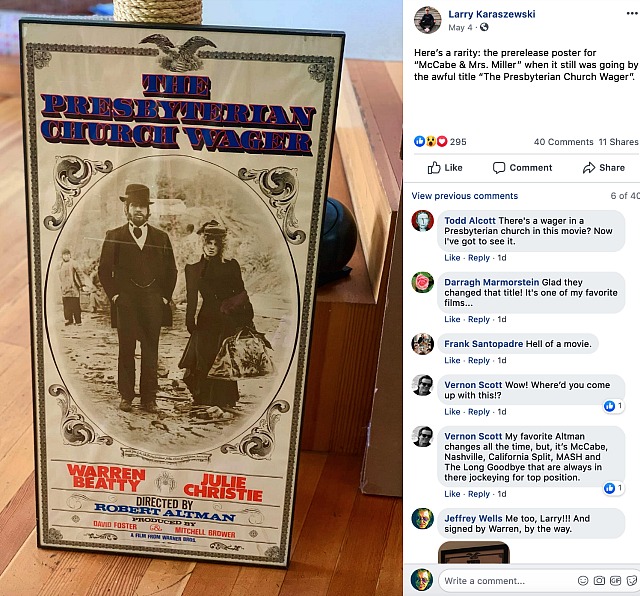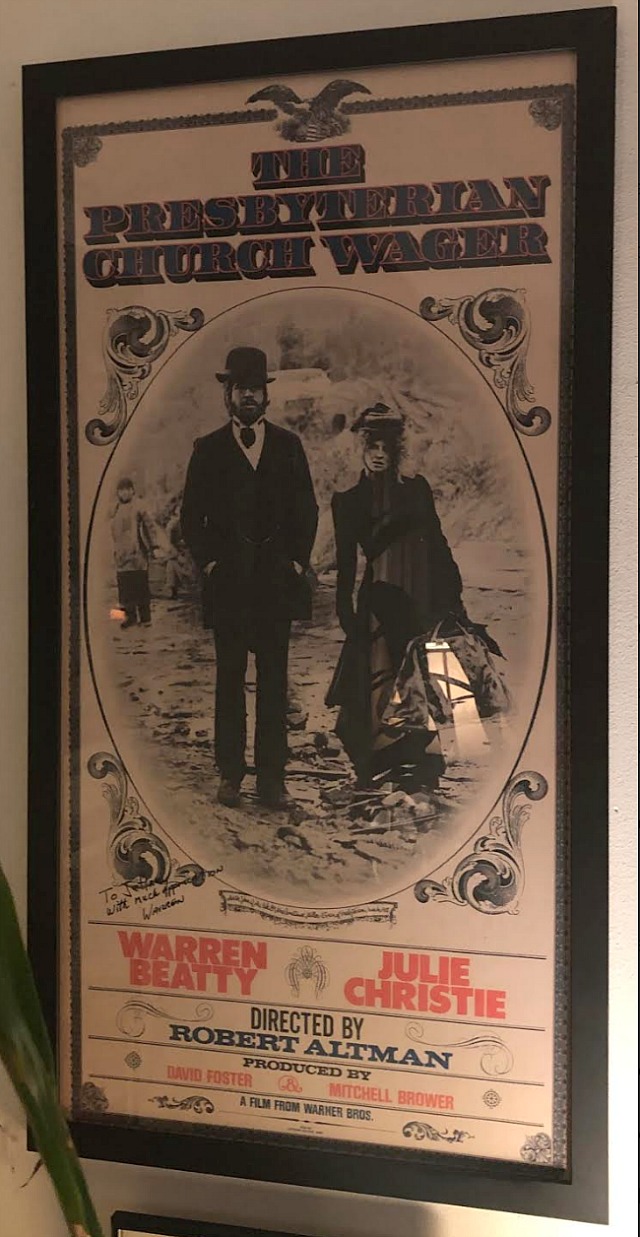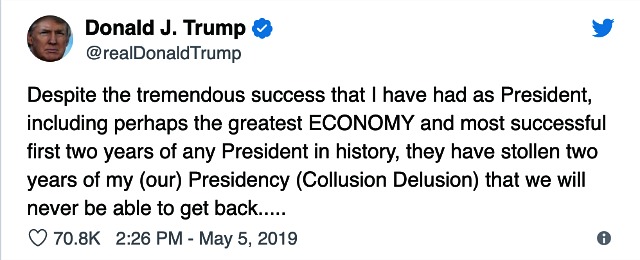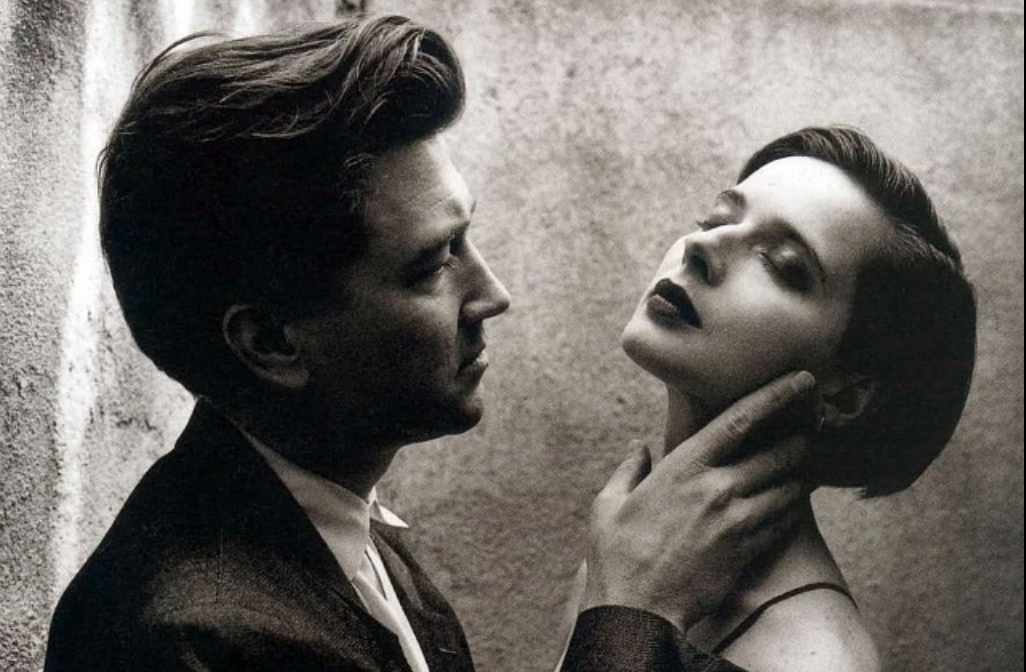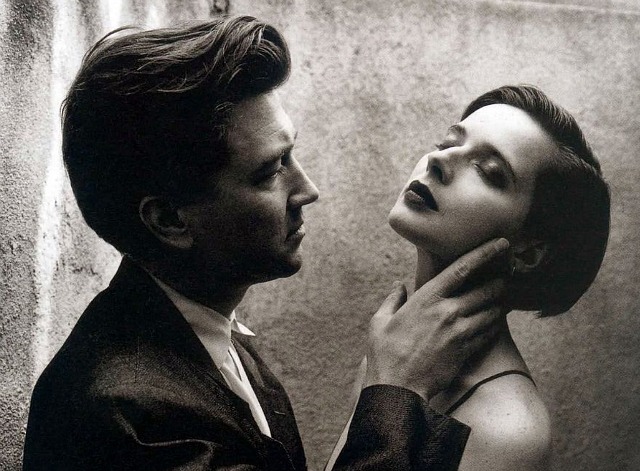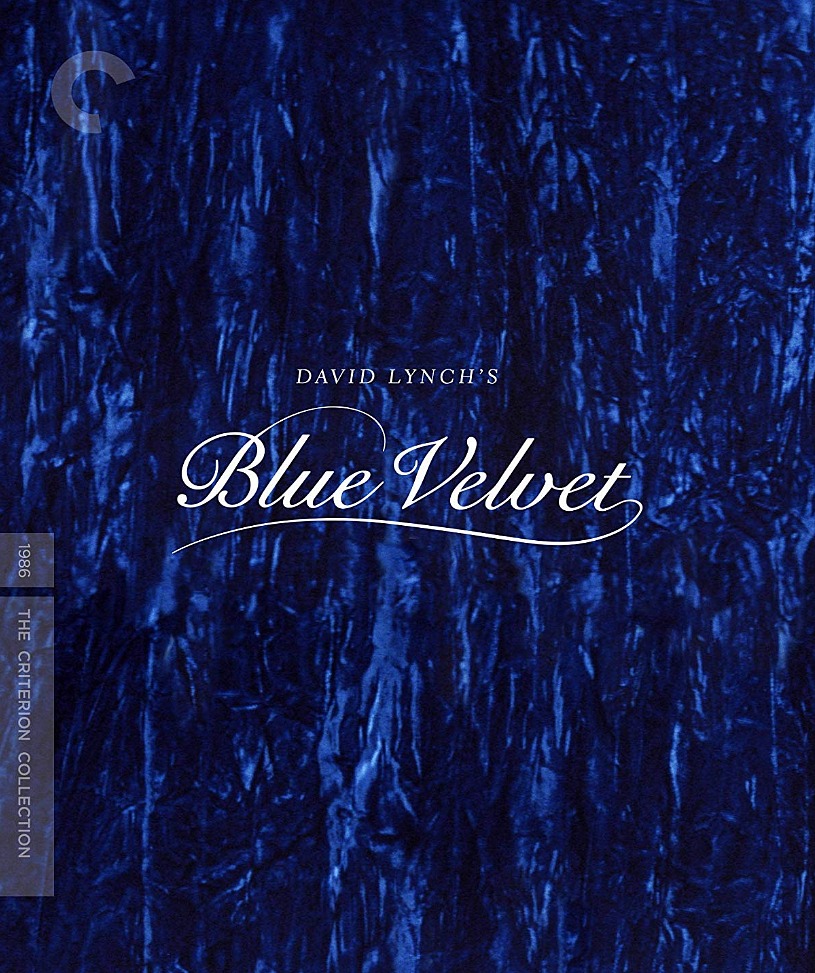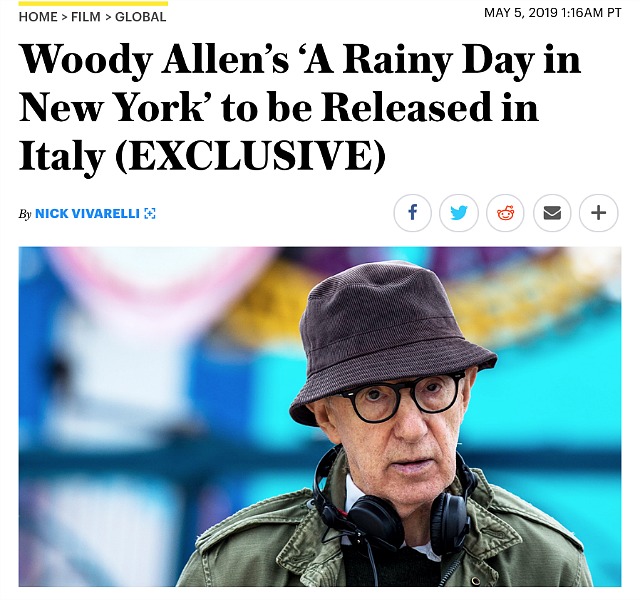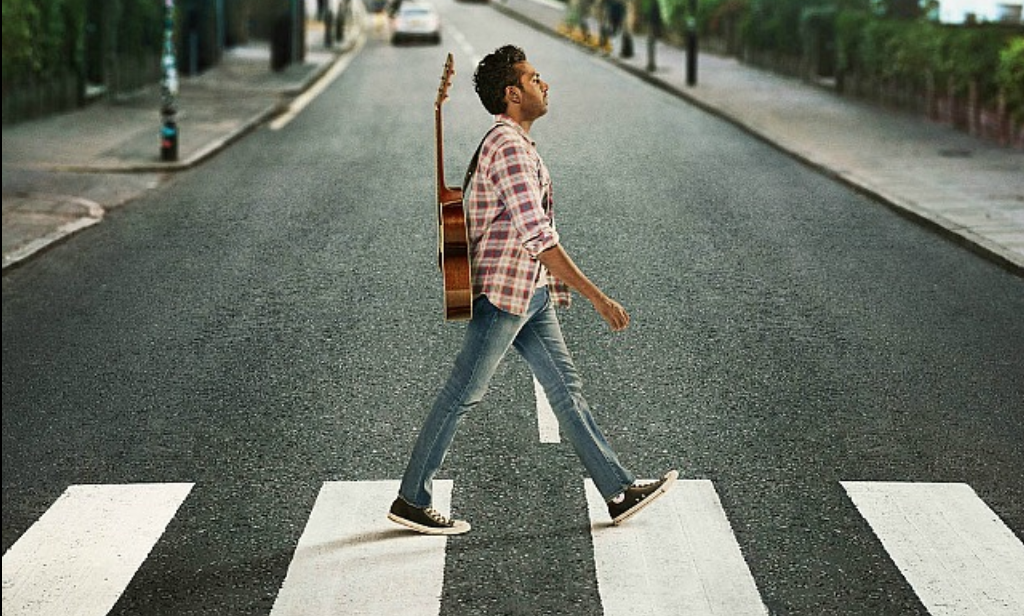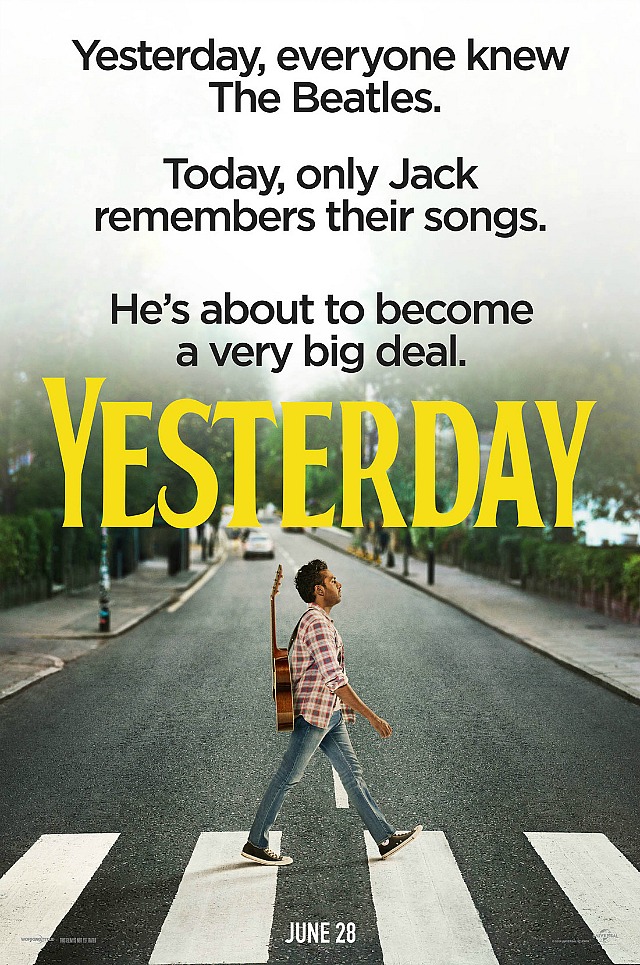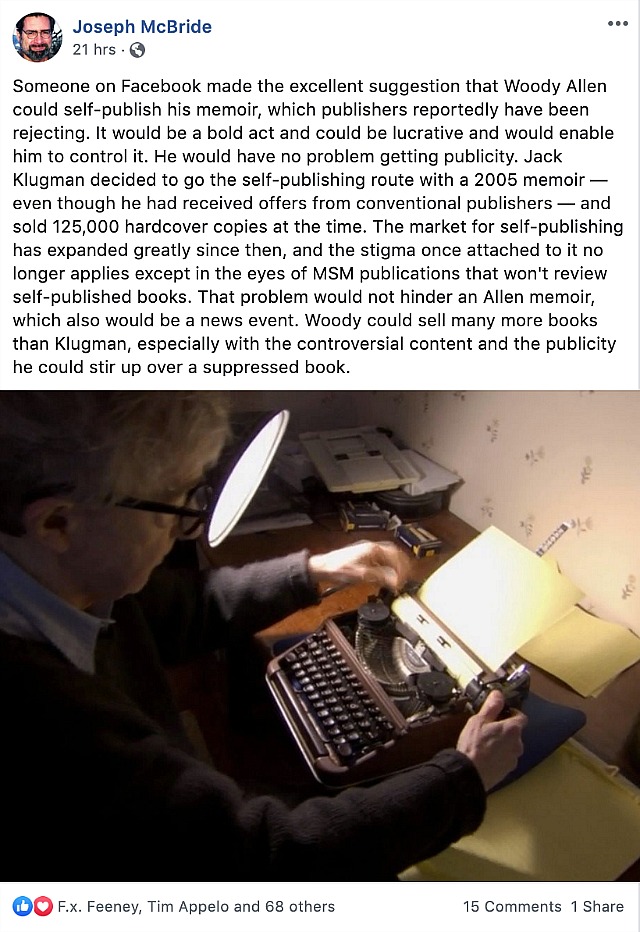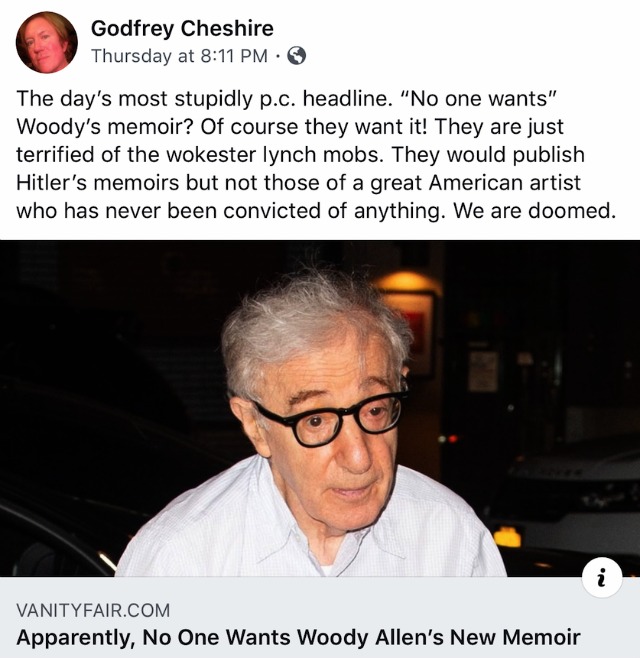Some resent the fact that legendary French actor Alain Delon, 83, will receive an honorary Palme d’Or at the forthcoming Cannes Film Festival. Women and Hollywood founder Melissa Silverstein has stated in a 5.6 Variety article that she harbors this resentment. She’s not the only progressive to regard Deion as a toxic figure. . Because Delon — let’s face it — has been known as an ascerbic rightwinger for many years.
In a tweet to Variety‘s Brent Lang and Elsa Keslassy, Silverstein said that Delon “has publicly admitted to slapping women…has aligned himself with the racist and anti-Semitic National Front…has claimed that being gay is ‘against nature.’ By honoring Delon, Cannes is honoring these abhorrent values [despite having] committed itself to diversity and inclusion.”
We all know how this is going to play out. Nobody is going to try to launch a serious Delon assault at this stage. A hot-shot actor since the late ’50s and quite the hearthrob into his 50s, Delon is too old, too storied and too iconic to assassinate.
While he’s no doubt evolved into some kind of National Front immigrant-loather, Delon is arguably no worse, philosophically or politically, than Clint Eastwood. (He may be somewhat to the right of Eastwood, but he’s no foam-at-the-mouth maniac.) There were stories six years ago about Delon’s son having accused him of striking his wife, Rosalie Van Breemen, which Delon denied.
“I can only speculate that some people feel fatigue about these issues, and he hasn’t been technically accused of anything,” Silverstein told Variety. “But I don’t think you have to be accused of something if you’ve espoused these types of sexist, homophobic and anti-Semitic views. I don’t think a person like that should be honored [but] I don’t think people care, and that’s sad.”
Delon’s peak period lasted 17 years (’60 to ’76), beginning with Rene Clement‘s Purple Noon (’60), continuing with Jacques Deray‘s Borsalino (’70) and ending with Joseph Losey‘s Mr. Klein (’76). Other highlight films include Luchino Visconti‘s Rocco and His Brothers, Michelangelo Antonioni‘s L’Eclisse, Luchino Visconti‘s The Leopard, Jean Pierre Melville‘s The Samurai and Le Cercle Rouge, Jack Cardiff’s The Girl on a Motorcycle and Deray’s La Piscine.

